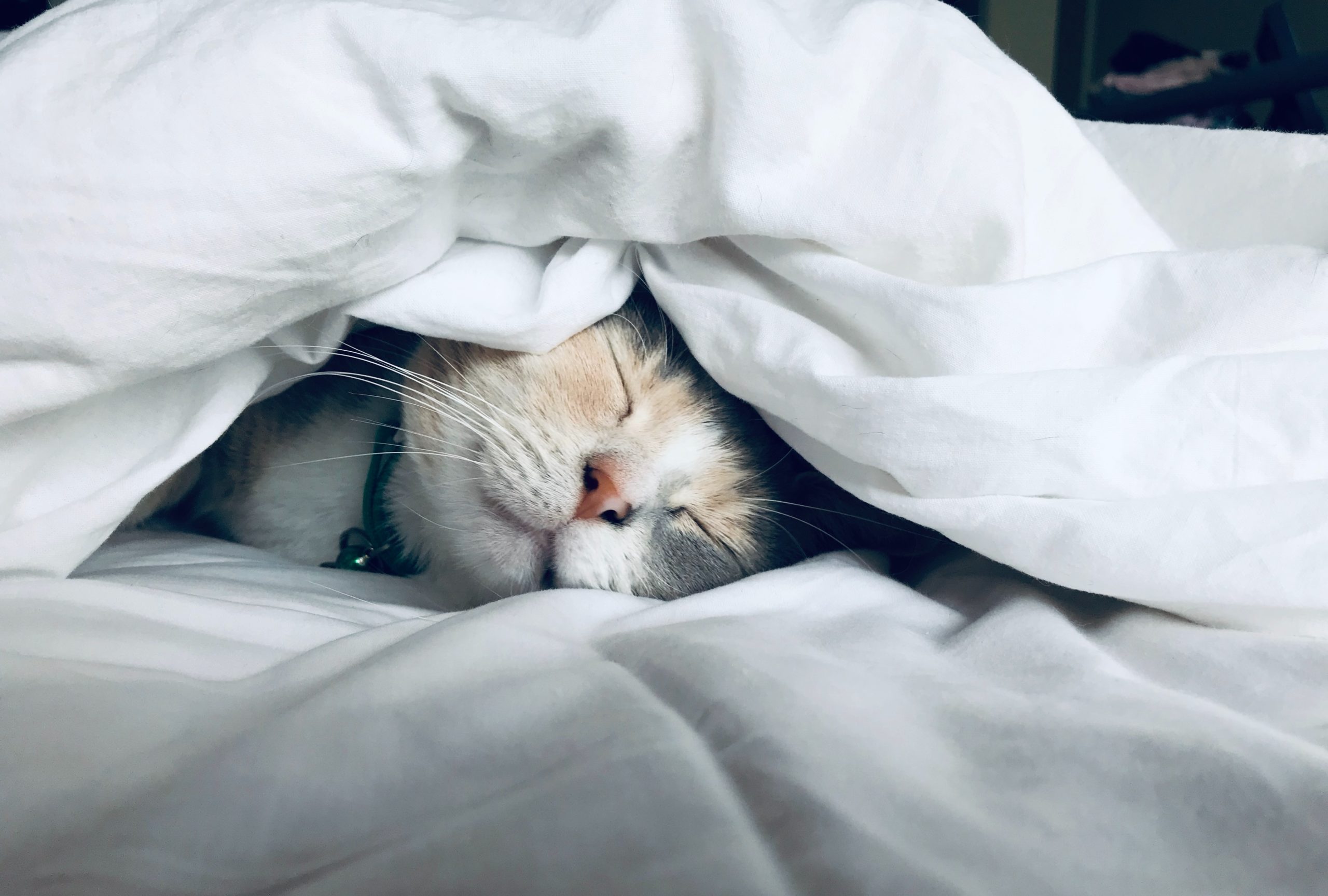It might sound strange to be worrying about sleep when you’re barely leaving the house.
But getting quality shut eye is key to boosting your immune system, especially during a global health crisis. But why is sleep so important and how can we improve the quality of the sleep we’re getting? We spoke to health experts and here’s what we learned.
WHY IS SLEEP SO IMPORTANT?
Think of your body like your beloved smartphone (are you reading this on it right now?). Throughout the course of the day you use multiple apps and crunch through tons of data. Consequently, the battery depletes. Just like us, we have multiple daily tasks to accomplish and they leave us feeling tired. But we’d get through our to do list a lot faster and more effectively if we began the day on 100% charge, meaning we’d sustain a higher level of performance for longer.
Performance is generally categorized as how well we do something physical however sleep is the savior for mental performance too. Right now while you’re sitting at home on lockdown we imagine you’re not all that worried about how fast you can run but you might be concerned about how long you can focus from your makeshift desk. When we get good quality sleep, we’re better decision makers, the frontal lobe of our brain is functioning better, we’re sharper and we’re at our best cognitively. It sounds pretty good to us.
Whether we want to get into better shape or perform more effectively in everyday life, it’s simple: poor sleep holds us back, quality sleep helps us excel.
HOW TO SLEEP BETTER
Worrying about not sleeping can be a really easy to interrupt your sleep (go figure!) and no one can blame you for struggling to shut your eyes as we’re living through an unprecedented time. However there are some really simple steps to help you get better quality sleep even now.
EXERCISE EVERY DAY
Oddly enough, just 30 minutes of daily exercise can have an enormous effect on sleep. According to a study from the sleep foundation, “a single exercise session found that a bout of moderate-intensity aerobic exercise (e.g., walking) reduced the time it took to fall asleep and increased the length of sleep of people with chronic insomnia compared to a night in which they did not exercise.” Bonus if that exercise includes fresh air too.
GO TO BED EARLIER
Lame right? After a childhood of enforced bedtimes it can be tempting even as a full grown adult to push the boundaries and stay up late watching TV. But going to bed just 30 or 40 minutes earlier can seriously improve your sleep, for example someone who usually got seven hours of sleep per night could increase that by 10% just by going to bed 40 minutes earlier. It might not sound like a lot but your body and mind will thank you for prioritizing rest.
DIGITAL DOWNTIME
We know, we really are the fun police. We also know that the amount of time we’re all spending on our phones or looking at screens in general is skyrocketing while we’re being asked to stay at home. It might feel comforting to scroll through IG before you fall asleep but it’s impacting the quality of your snooze time and keeping you awake for longer. Try to avoid screens for 90 minutes before you go to bed and instead focus on relaxing; have a bath, read a book and fully unwind.
Looking for more wellness advice? Check out the Tough Mudder blog.
